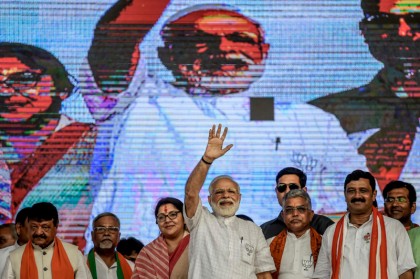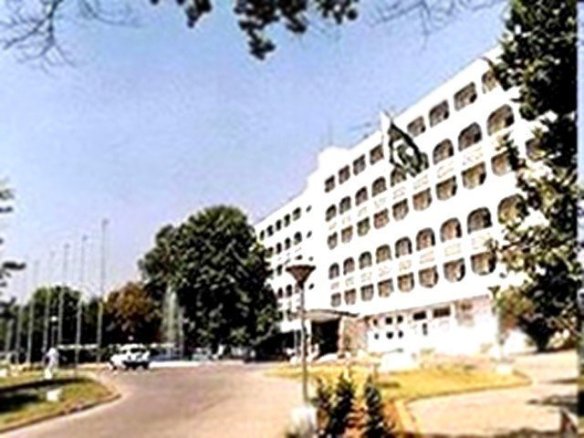
HIGHLIGHTS
- Lok Sabha elections 2019 are slated to being on April 11.
- Ahead of the polls, Facebook has been accused of treason.
- A case has been filed against Facebook for waging war against India.
Ahead of Lok Sabha election in India, Facebook is facing some tough time. A case has been filed against the social media company, accusing it of treason against the Indian state and waging a war against the country after it blocked and suspended hundreds of pages last week. Facebook claims that the pages were blocked or suspended because they were “engaging in behaviours that expressly violate our policies”. Many of these pages were openly aligned with BJP or Congress.
The case has been reportedly filed by Abhijit Iyer-Mitra. When a number of Facebook pages were blocked earlier in the beginning of the month, Mitra, who is a defence analyst, said on Twitter that he was consulting with his lawyers to file a case against Facebook and its CEO Mark Zuckerberg for interfering in Indian elections.
Now a case has been reportedly filed at the Sansad Marg police station in Delhi, accusing Facebook of waging war against India. A report on this matter claims that Mitra’s complaint notes Facebook needs to be punished because of its attempts “to interfere in the internal process of elections in India at the behest of foreign powers — including but not limited to Pakistan’s Inter-Services Intelligence (ISI)”. The complaint also mentioned Cambridge Analytica scandal that led to many in the UK and US to allege that Facebook and the data it collected from users was used to influence elections in several countries.
The case against Facebook has been filed under section 121 and section 120B of IPC. The section 121 is specifically used to file cases where there are allegations of a person or organisation waging a war against the Indian state. If found guilty, convicts are “punished with death, or imprisonment for life” under this section. In the complaint filed with the police, Facebook CEO Mark Zuckerberg and Facebook India MD Ajit Mohan have been mentioned.
On April 8, Facebook announced that it was taking several steps to prepare for the Indian elections. In a note to media the company said, “Last week, we removed nearly 700 Pages, Groups and accounts in India for violating Facebook’s policies on coordinated inauthentic behavior and spam… For a year and a half we’ve been working to bring a comprehensive and strategic approach to our work on the Indian elections. We are absolutely committed to maintaining the integrity of the elections in India and will continue to work with local organizations, government groups and experts to make that happen.”
Article Originally Posted on India Today










